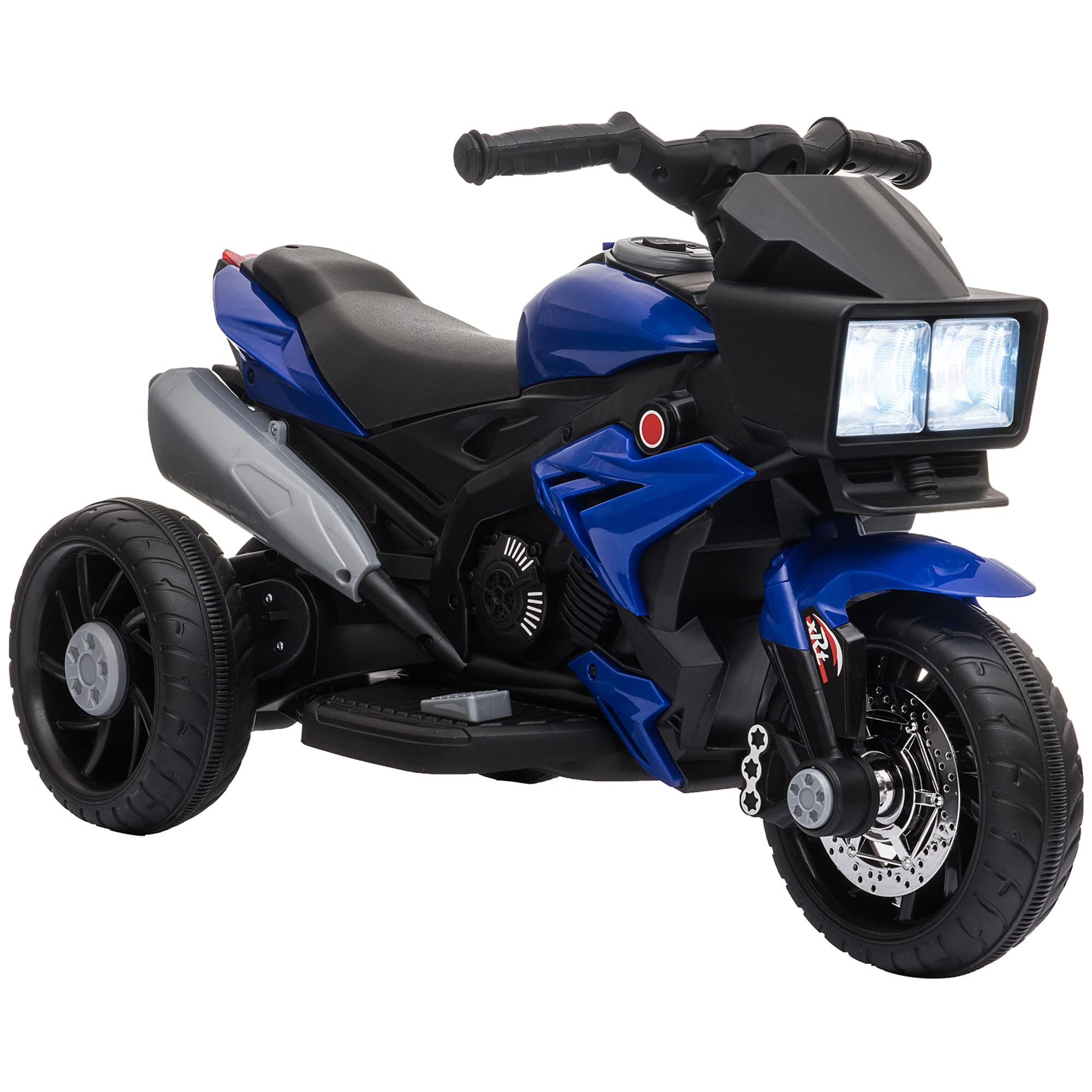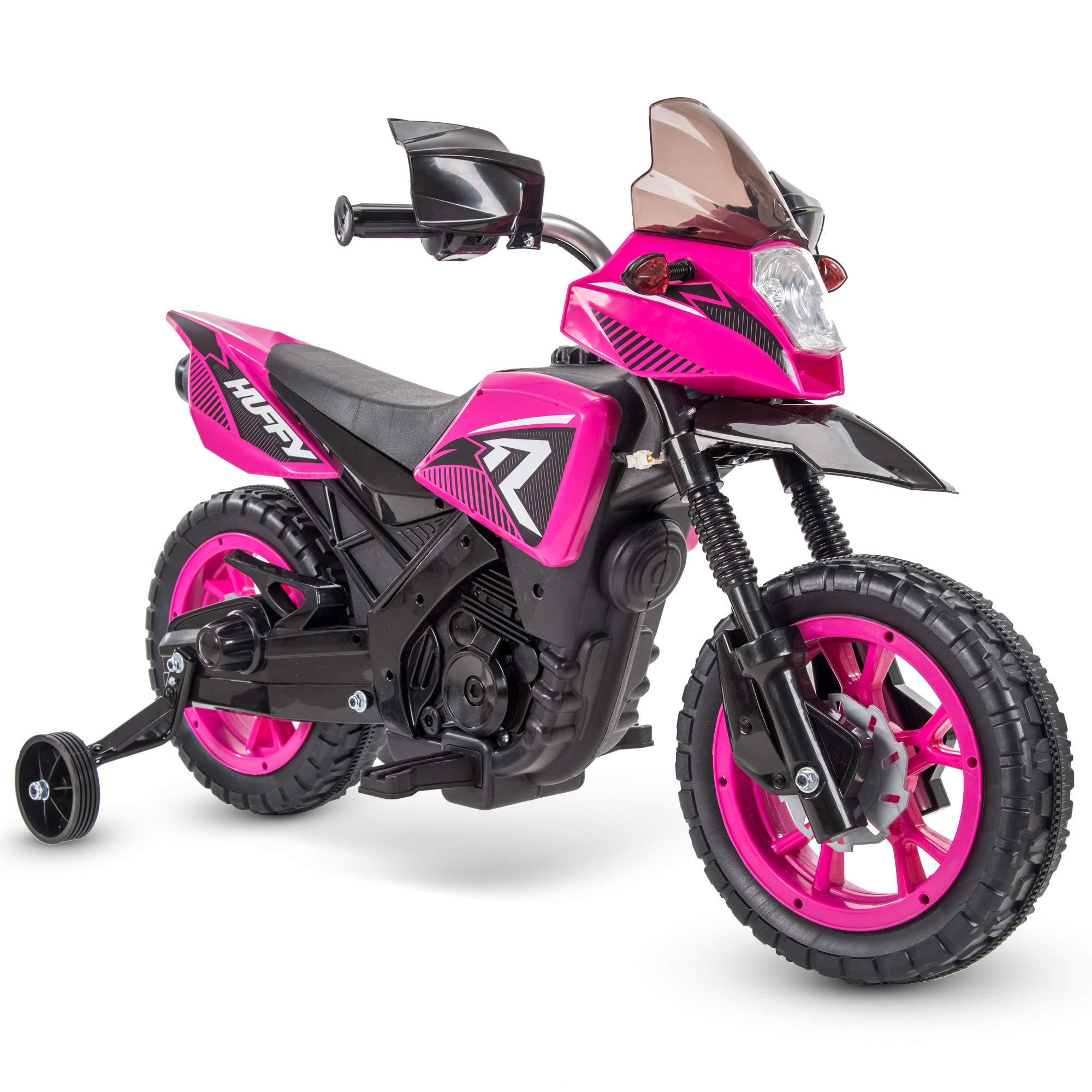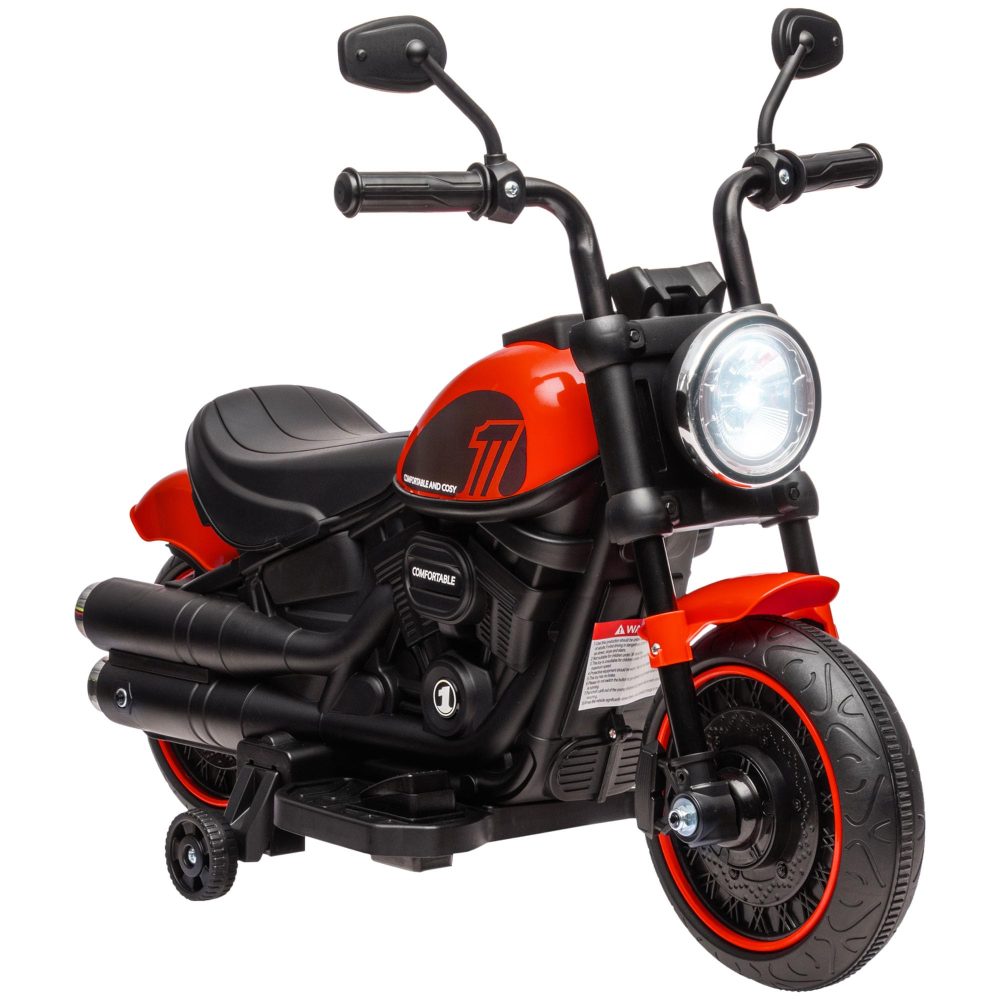Understanding the nc dmv motorcycle practice test process
To earn your motorcycle permit in North Carolina, you must understand the examination process. It begins with a written knowledge test that covers vital information from the N.C. Division of Motor Vehicles’ Motorcyclists’ Handbook. This handbook contains all you need to know about motorcycle safety and operations. After passing the written portion, you’ll progress to an off-street motorcycle skills examination, which assesses your practical riding abilities. Study smart with our NC DMV motorcycle practice test tips and tricks.

Aspiring motorcyclists need to apply for a learner permit or endorsement on an existing driver license. Applicants aged 16-18 require parental consent and must complete a motorcycle safety course. The North Carolina Motorcycle Safety Education Program or Motorcycle Safety Foundation offers approved courses. These institutions can equip you with the practical skills needed for the test.
Please note that road tests are appointment-based, typically on Tuesdays, Wednesdays, and Thursdays, weather permitting. You can obtain a learner permit after passing the knowledge test and vision screening, which remains valid for 12 months and can be renewed once for a further six months. To move to a full endorsement, you must also pass the motorcycle skills test.
Remember, the written test is available in multiple languages, including English and Spanish, to cater to diverse applicants. In case of a failed attempt, you can retake the test after waiting for at least one day. However, after three unsuccessful tries, you must complete a motorcycle safety course before your next attempt.
Preparation is key. Familiarize yourself with the official handbook, take nc dmv motorcycle practice tests, and consider a safety course to boost your chances of succeeding the first time.
Eligibility Criteria for Motorcycle Learner’s Permit
To qualify for a motorcycle learner’s permit in North Carolina, applicants must meet certain criteria. Firstly, one needs to hold a valid provisional, regular, or commercial driver’s license. Those between 16 to 18 years must also have signed consent from a parent or guardian. Additionally, they are required to successfully complete a motorcycle safety course approved by the Motorcycle Safety Foundation or the North Carolina Motorcycle Safety Education Program.
A critical component of eligibility is passing the motorcycle knowledge test. This written examination covers key safety practices and operational knowledge as specified in the Motorcyclists’ Handbook. Alongside the knowledge test, applicants must pass vision tests and identification of road signs. It is crucial to prepare for these assessments by studying and taking nc dmv motorcycle practice tests to enhance understanding of the material.
The learner permits obtained after meeting these eligibility criteria are valid for a 12-month period and can be renewed for another six months only once. Riding with a learner permit comes with certain restrictions, such as no riding after dark and no carrying passengers, which are designed to ensure the safety of newbie riders on the road.
Lastly, ensure that you have the necessary documentation when applying for your permit, including proof of identity, residency, and, if under 18, parental consent. Staying informed of the requirements and restrictions is a vital step towards safely navigating the processes to earn your motorcycle endorsement.
 Documentation Required for Motorcycle Endorsement Application
Documentation Required for Motorcycle Endorsement Application
To apply for a motorcycle endorsement in North Carolina, specific documents are necessary. You’ll need to provide:
- Proof of Identity: This could be a valid U.S. passport, birth certificate, or another form of official identification.
- Social Security Number Verification: You must show your Social Security card or documentation proving you are not eligible for one.
- North Carolina Residency Proof: Two documents to confirm your current address. Utility bills and rental agreements are often used.
- Current Driver’s License: Your existing provisional, regular or commercial driver’s license must be presented.
- Motorcycle Insurance Proof: North Carolina law requires motorcycle insurance that meets state liability requirements.
- Completion Certificate: If you’ve completed a motorcycle safety course, the certificate must be provided.
Before heading to the DMV, double-check that you have all required documents. Errors or missing information can delay the process. A full list of acceptable documents can be found on the NC DMV website or by contacting your local DMV office.
Studying for the Motorcycle Knowledge Test
Mastering the motorcycle knowledge test is a crucial step to getting your permit. Here’s what to focus on:
- Review the Official Handbook: The Motorcyclists’ Handbook is your go-to resource. It has all the rules and safety tips.
- Take Practice Tests: NC DMV motorcycle practice tests are similar to the real test. They help you prepare well.
- Understand Key Concepts: Learn the laws, road signs, and signals. This knowledge is not just for the test, but also for safe riding.
- Study Regularly: Set up a study schedule. Short, consistent study sessions are more effective than last-minute cramming.
- Seek Help if Needed: If you find some sections difficult, ask for help. Reach out to friends, instructors, or online forums.
A well-prepared candidate is more likely to pass the knowledge test on the first attempt. Aim to fully understand the material, not just memorize it. Good preparation leads to safer riding on the roads.
Key Components of the On-Cycle Skills Test
To get your motorcycle endorsement in North Carolina, you need to pass the on-cycle skills test. This practical riding test evaluates your ability to handle a motorcycle safely. Here are the key components you’ll be tested on:
- Starting and Stopping: You must show you can start and stop the motorcycle smoothly and safely.
- Turning: Demonstrate left and right turns, along with U-turns, using proper turn signals.
- Swerving: You’ll need to swerve promptly to avoid hazards while keeping control.
- Cone Weave: Navigate through a series of cones to show low-speed maneuvering skills.
- Normal and Quick Stops: Brake effectively both in controlled situations and in quick response scenarios.
- Obstacle Avoidance: Display the ability to avoid obstacles safely while maintaining control.
These exercises show your readiness to ride on public roads. Practice is vital. Use each practice session to improve your skills. Preparing well increases your success in becoming a licensed motorcyclist. Aim to ride not only to pass your test but for lifelong motorcycle safety.
Renewal and Limitations of the Motorcycle Learner Permit
When you have your motorcycle learner permit in North Carolina, be aware that it comes with specific limitations. The permit allows you to practice riding a motorcycle under certain conditions to prepare for the skills test. Here are the key points to remember:
- Renewal: Your learner permit is valid for 12 months. You can renew it only once, for six more months.
- Riding Restrictions: You can’t ride after dark or carry passengers. These rules aim to keep new riders safe.
- Supervision Required: A licensed motorcyclist over 21 must supervise you. This person should have at least a year of experience.
- Helmet and Eye Protection: You must always wear a DOT-approved helmet and eye protection while riding.
Following these rules ensures you stay legal and safe while gaining the experience needed for your skills test. Remember to renew your permit in time if you’re not yet ready for the endorsement. Stay consistent with your practice, and you’ll be on your way to full licensure. Prepare for your skills test by consistently practicing the maneuvers listed in the NC DMV motorcycle practice test.
Tips for Successfully Passing the Motorcycle Skills Test
To pass the motorcycle skills test in North Carolina, follow these tips:
- Practice Frequently: Regular practice hones your riding skills and builds confidence.
- Know the Test Components: Familiarize yourself with each part of the skills test. This includes starting, stopping, turning, and more.
- Use a Familiar Motorcycle: Test on a bike you’re comfortable with to reduce stress on test day.
- Watch Demonstrations: Observing skilled riders can introduce new techniques and insights.
- Understand the Course Layout: Learn the test track layout to anticipate and prepare for maneuvers.
- Stay Calm: Nerves can affect performance. Breathe deeply and stay focused.
- Follow Instructions Carefully: Listen to the examiner’s instructions and follow them precisely.
- Wear Proper Gear: This includes a DOT-approved helmet and appropriate eye protection.
By adhering to these guidelines and practicing the maneuvers in the NC DMV motorcycle practice tests, you’ll increase your chances of success.
 Additional Endorsements and Motorcycle Operation Laws in NC
Additional Endorsements and Motorcycle Operation Laws in NC
Apart from the basic motorcycle endorsement, North Carolina offers additional endorsements for riders. These include endorsements for three-wheeled motorcycles and sidecars, and even for teaching motorcycle safety as a certified instructor. These require skills tests specific to each type and may also need completion of special courses.
Understanding local laws is crucial for safe motorcycle operation. In North Carolina, all riders must wear a DOT-approved helmet. This rule applies to riders of all ages. Eye protection is also necessary unless the bike has a proper windshield. Motorcycle headlights should be on at all times to increase visibility, following the statewide law. Remember, learners are not allowed to ride after dark or carry passengers. New restrictions lift after six months or when the rider turns 18.
Lastly, keep in mind that your NC motorcycle endorsement allows you to ride in other states due to reciprocal agreements. However, be sure to check the specific motorcycle laws of the state you plan to visit. For international travel, check if an International Driving Permit is needed. This permit translates your license for use in over 150 countries. For one, contact organizations like the AAA or the National Automobile Club.
In summary, stay informed about additional endorsements and understanding the laws for motorcycle operation in North Carolina and beyond. This knowledge is just as vital as the physical skills needed for safe riding.
